Prime Minister Carney can’t govern Canada as CEO, say strategists
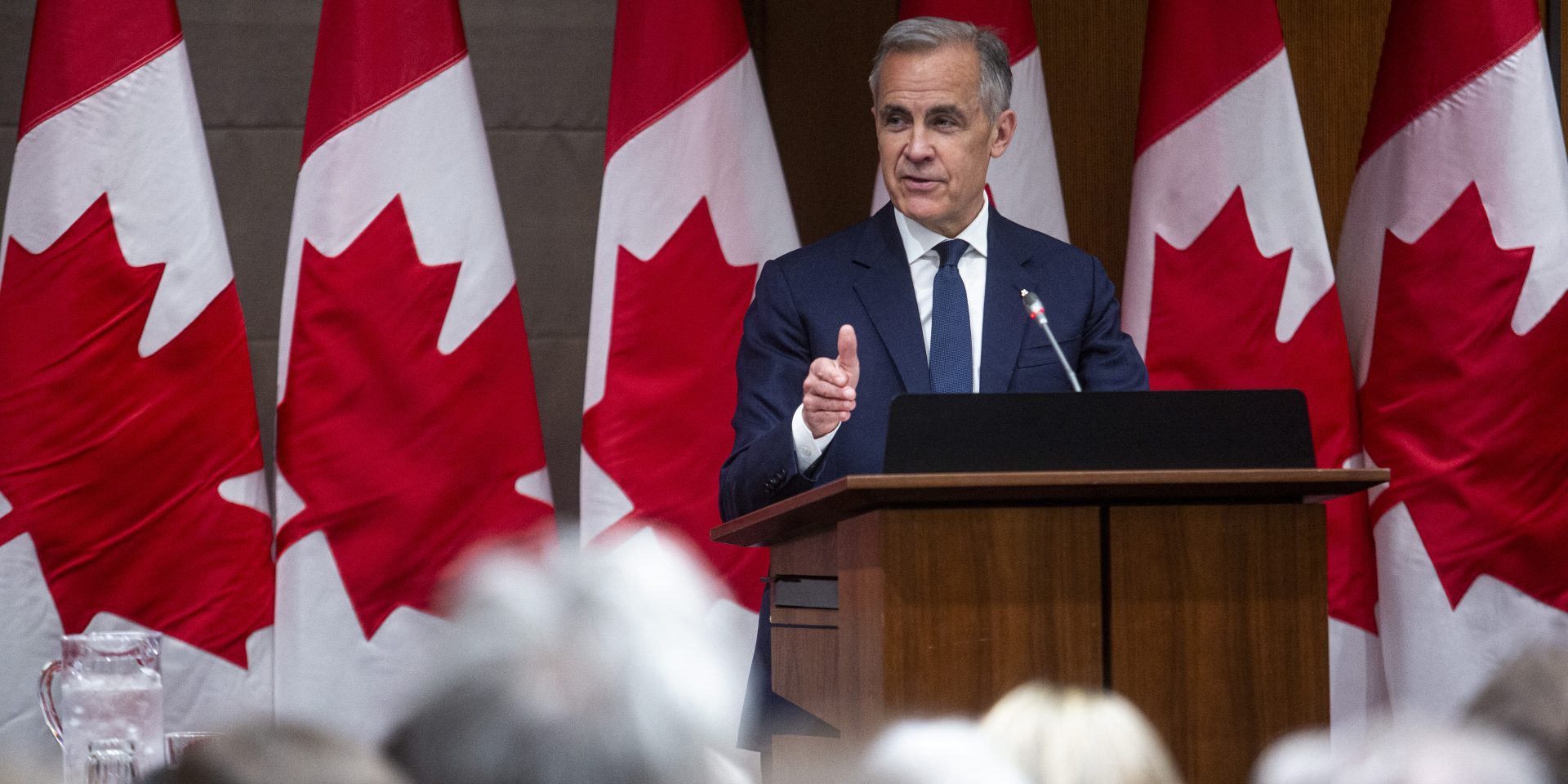
The perception some have of Prime Minister Mark Carney as the new “CEO of Canada” is no replacement for substance, say strategists, who note that steering the “massive, complex beast of government” will require his attention to even the smallest of nuisances, and a willingness to recognize when he isn’t the smartest person in the room.
Once the marching bands and military honour guards had left Parliament Hill following the historic Throne Speech delivered by King Charles III on May 27, Bloc Québécois Leader Yves-François Blanchet (Beloeil–Chambly, Que.) told reporters that the substance of the address had given him the impression Carney “sees himself, culturally, as the CEO of Canada,” and views the provinces as “merely regional offices.”
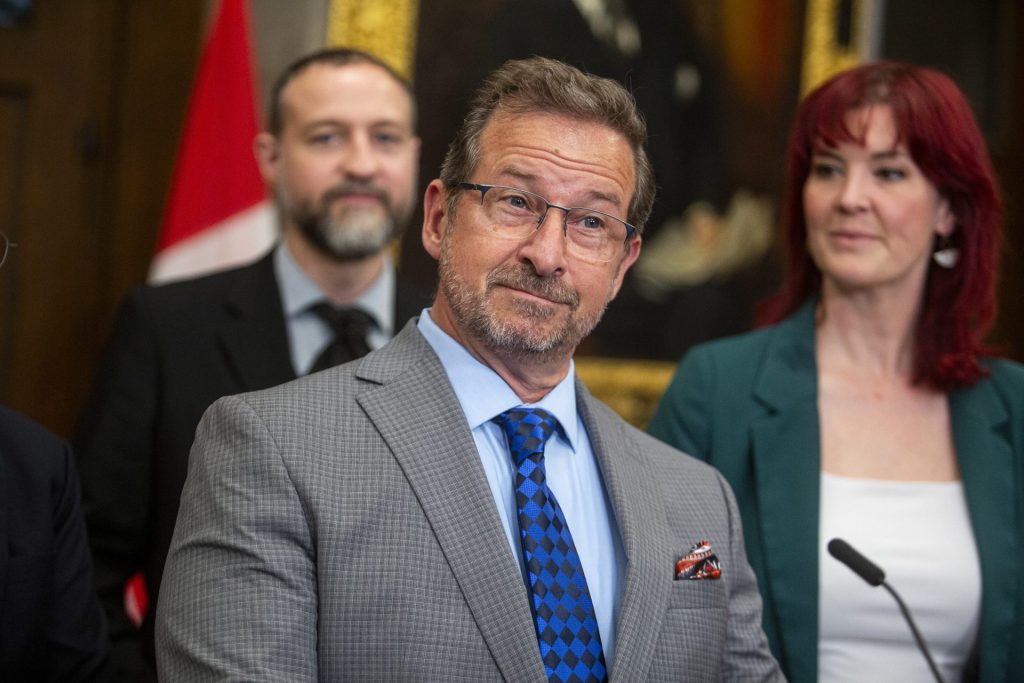
“He will make decisions, and he will have his decisions implemented by everybody,” Blanchet continued, adding that while he is “not mad at” Carney since that “is the way it works where he comes from, this is not the way it works in this place, and it is not the way it works within this federation, as terrible as it might be for us.”
Nearly a week earlier, former NDP MP Matthew Green, who lost his Hamilton Centre, Ont., seat in the April 28 election to Liberal Aslam Rana, applied the same moniker to Carney in a more critical fashion.
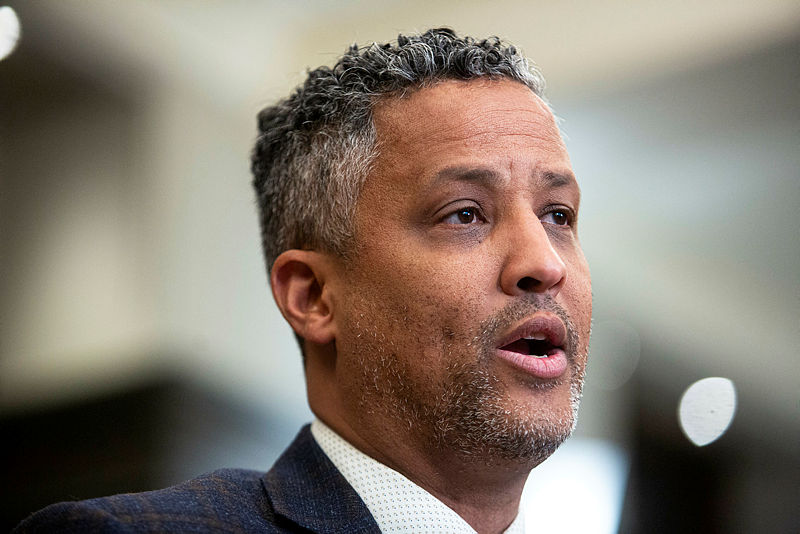
“This is going to be a very top-down government led by Carney, who has positioned himself as the economy’s saviour,” Green told The Hill Times on May 22. “He’s going to turn cabinet meetings into board meetings, and people will be reporting to the CEO, who will be directing accordingly.”
Green also said that the tone of Carney’s single mandate letter already made his intentions clear regarding the general direction he will take the country.
“This is going to be an austerity government,” Green explained. “There are going to be deep cuts, and the working class will ultimately bear the brunt of whatever recovery Carney thinks will be best for Canada.”
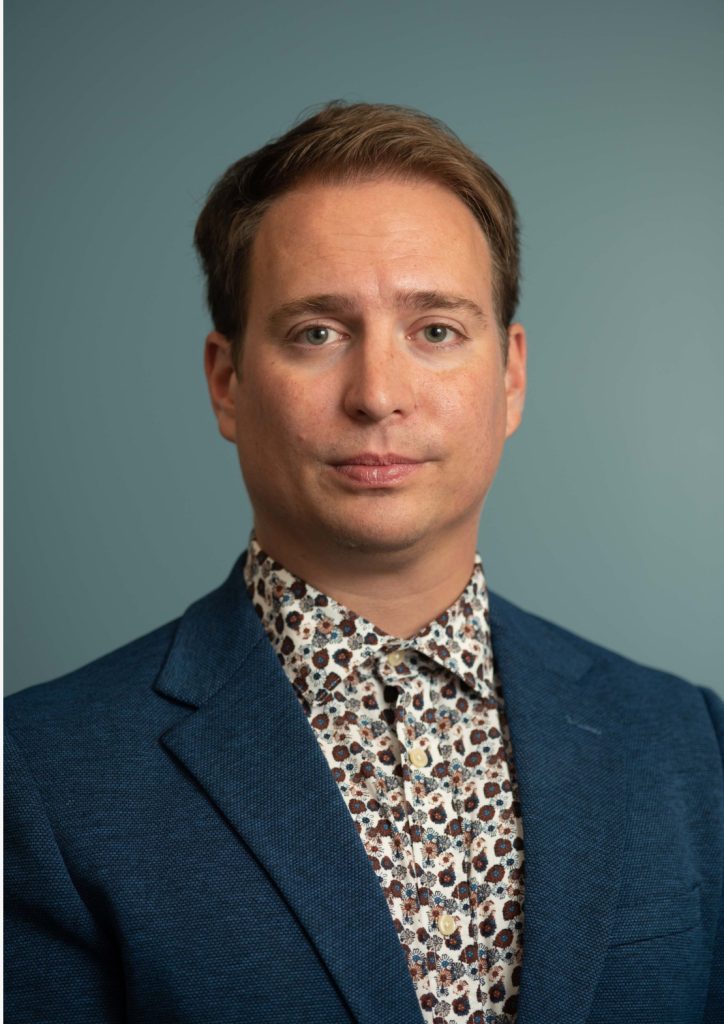
Former Liberal ministerial staffer Dan Pujdak, now chief strategy officer with Blackbird Strategies, said that while Carney’s governing style is a drastic departure from that of his predecessor Justin Trudeau, his first few weeks since the election have gone “exactly as Canadians wanted it to.”
“Carney is sending a signal that he’s going to be a serious prime minister, he’s going to move quickly, and he’s going to focus on the economy,” explained Pujdak, a former director of policy to then-Crown-Indigenous relations minister Carolyn Bennett.
“Carney likes to do more than he likes to talk, and that’s what we’re seeing,” Pujdak said. “I think that’s exactly what Canadians expected of him.”
While Trudeau used a “deliverology approach” to governing, Carney’s mandate letter to cabinet set out a smaller number of “guiding principles” and priorities that will be easier to measure, Pujdak said.
“From a political standpoint, it’s great for transparency and accountability, and it also means that communications teams will have way less to hide behind if results aren’t happening,” Pujdak said, adding that he believes Canadians will view Carney’s government as more transparent and accountable, and at the very least, “know if it’s working or not.”
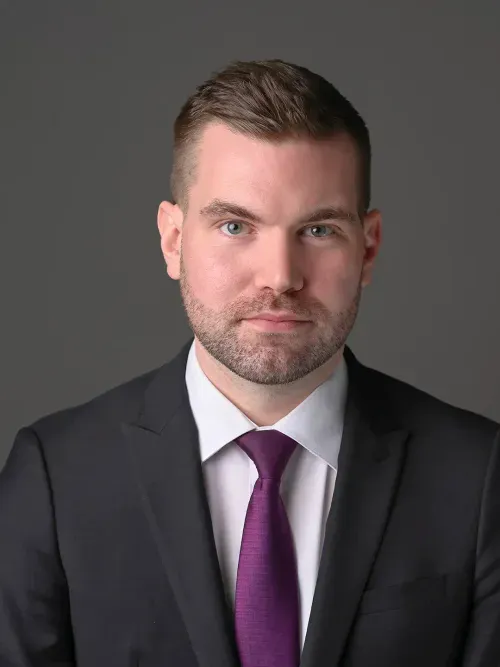
Former Liberal staffer Liam Daly, now a senior associate with Sussex Strategy Group, said that while Carney will be a steady hand to “drive the ship,” unlike in the private sector, he can’t always have his hand on the wheel.
“Carney’s obviously leaning into the CEO thing and he’s put together a very ambitious mandate to campaign on, but the government’s performance will largely depend on the performance of his ministers,” Daly said, noting that Carney had already been forced to right the ship several times in the first 24 hours of his new cabinet after ministers gave answers to reporters he would later need to contradict, including whether or not his government would table a budget this year.
“Carney wants to run a tight ship, and I don’t think that’s wrong, but he needs his people to meet those high standards,” Daly said, noting that to do so will require keeping morale high beyond just the cabinet.
The Hill Times reported that Carney has so far struggled with caucus management, particularly when it comes to his more veteran members who have yet to find their way into cabinet after more than a decade as a parliamentarian in some cases. Several other former cabinet ministers were also left disappointed after Carney’s latest front-bench shuffle following the election, particularly those who were still new to their roles.
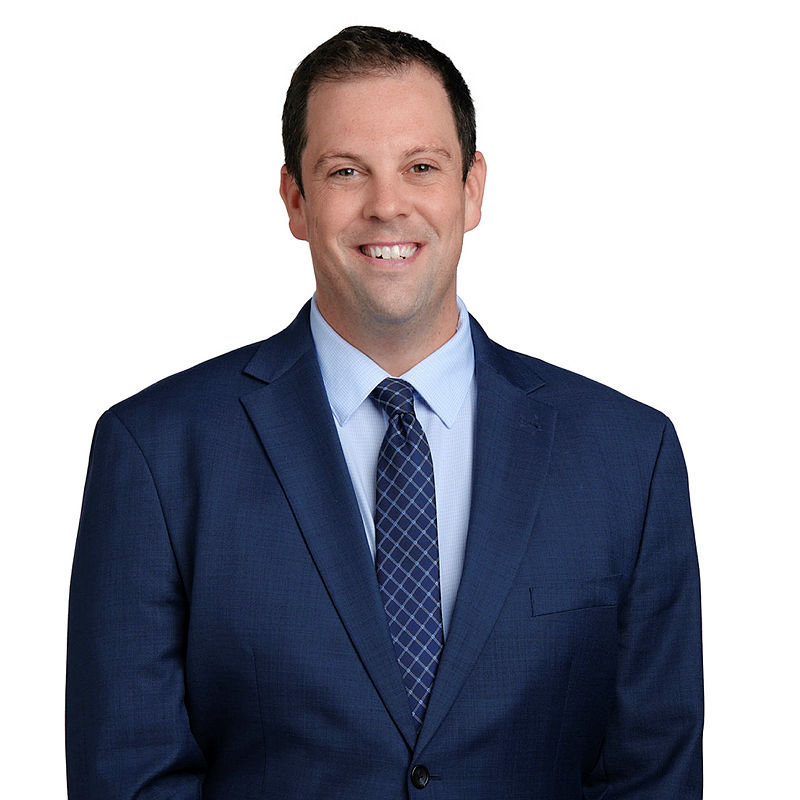
Other Liberal MPs who previously spoke with The Hill Times also predicted that former Trudeau-era ministers—or long-serving MPs with little chance of promotion—may resign in the coming months, potentially triggering byelections.
While caucus and stakeholder management may not come naturally to someone with executive-level business experience, Carney will soon learn that governing Canada also requires managing “the fundamentals,” said former Conservative PMO staffer Jordan Paquet.
“I think Carney’s going to discover—and I think he is already discovering quite quickly—that running Canada is nothing like running a company,” explained Paquet, now a vice-president at Bluesky Strategy Group, noting that being prime minister will require Carney’s attention to issues both large and small, even the ones he may consider a “nuisance.”
“Carney will soon discover that Canada is a difficult country to govern if you’re unwilling to make tough decisions and hold your ministers accountable. That also means dealing with caucus and stakeholders and answering questions from the opposition.”
During his first Question Period on May 28, Carney deviated from Trudeau’s nearly decade-long practice of answering every question during the Wednesday session, answering only the first nine questions from the other two recognized party or parliamentary leaders.
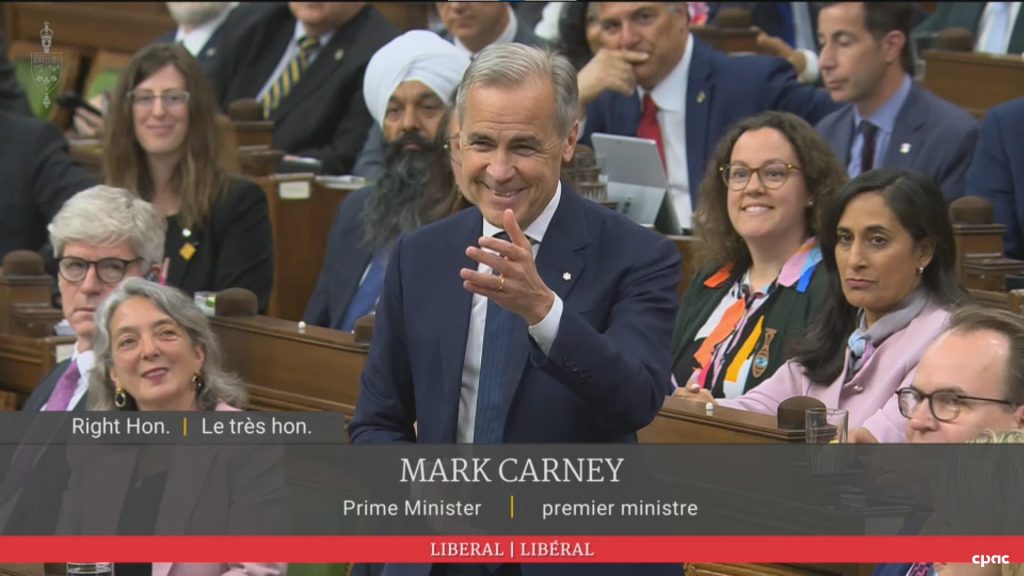
A senior PMO source told The Hill Times that while Carney may be answering fewer questions than his predecessor on one specific day, he will also be endeavouring to appear during Question Period more frequently on other days, with the possibility that the prime minister will be in his place each day to take questions. However, the source clarified that Carney will only be taking questions posed by opposition leaders during those appearances.
Conservative strategist Dan Mader, a founding partner with Loyalist Public Affairs and former campaign staffer, said that while he disagrees with those who may want a CEO of Canada to run the government like a business, it is prudent for Carney to rely on his previous professional skills given his relative dearth of experience in the political realm.
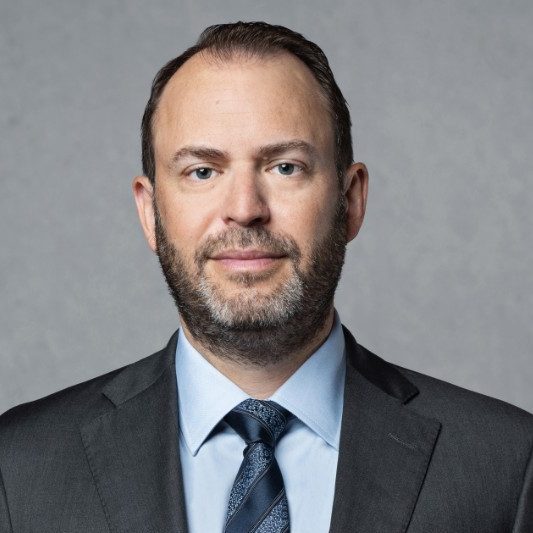
“This is somebody who was very successful in the private sector, was a successful bureaucrat, and then a successful politician, so it’s about what we’d expect from somebody who is still relatively new,” Mader said of Carney’s first week in Parliament. “His style is definitely different; he looks and acts differently from Trudeau, but he’s still learning how to be a politician.”
However, while Carney may have one of the most impressive resumés at the cabinet table, he should resist the urge to think he is the most intelligent person in the room, Mader said.
“The government isn’t a business and can’t run like a business. It’s a massive, complex beast, and you can’t get things done unless you’re willing to delegate authority,” Mader added, noting that while treating the cabinet table like a board of directors is a style of leadership that can and has worked, the size and composition of Carney’s front bench will make that difficult.
With the current 28 ministers and 10 secretaries of state, it will be challenging to focus on the few executive-level issues Carney may hope to address while delegating other lower-priority responsibilities, Mader said.
“It still sort of confuses me that Carney ended up with this large, two-level cabinet with a lot of overlapping responsibilities because that will make it harder for him to delegate with clear responsibility and clear accountability,” Mader explained, noting that even questions of who reports to which minister were not clear.
“Who’s Dominic LeBlanc’s deputy minister, and what department is he in? Is it the deputy minister of international trade, or does it depend on the issue? All of those questions make the government more complicated,” Mader said, referring to LeBlanc’s (Beauséjour, N.B.) portfolio that includes being Privy Council president, and the minister for intergovernmental affairs, Canada-U.S. trade, and one Canadian economy. “There is value in a prime minister who doesn’t micromanage, but to do that, you need a clear plan with clear responsibilities for ministers with the authority to get things done.”
sbenson@hilltimes.com
The Hill Times






 LICENSING
LICENSING PODCAST
PODCAST ALERTS
ALERTS













